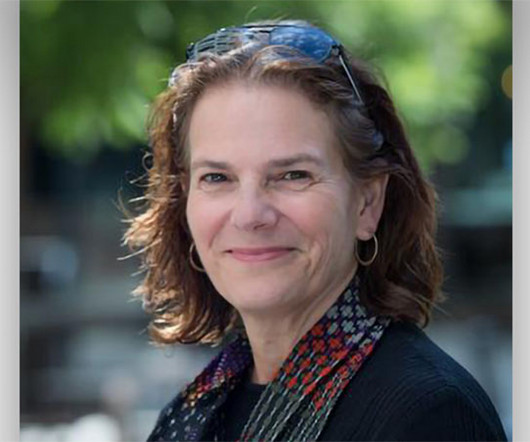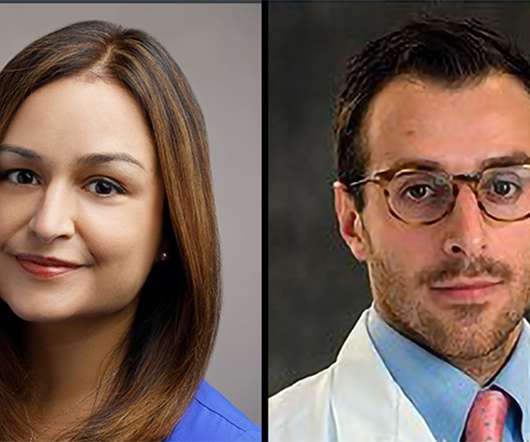How your mental health can affect your physical health
Vida Family Medicine
JUNE 29, 2023
Most patients who go to see a primary care doctor are concerned about improving their physical health. They want to live a long life free of chronic health problems that may cause pain, limit their activities, or cause complications that could land them in the hospital.



































Let's personalize your content